Days after Iranian President Masoud Pezeshkian offered mediation between India and Pakistan amid rising tensions in the wake of the Pahalgam attack, Iranian Foreign Minister Abbas Araghchi toured both the countries.
While Araghchi visited Pakistan over the weekend, he was in India on Thursday.
Even as Iran seeks to mediate between India and Pakistan, it had exchanged missile-fire with Pakistan just last year — Iran conducted airstrikes inside Pakistan on January 16, 2024, in response to bombings that killed around 100 people and Pakistan responded two days later with airstrikes inside Iran.
ALSO READ: Partners or preachers? The many mediation hopefuls as India-Pakistan tension rise over Pahalgam
Despite Pezeshkian’s offer, Iran is unlikely to be a mediator even informally — informal backchannels during India-Pakistan tensions are mostly run by Saudi Arabia, United Arab Emirates, and the United States.
Moreover, after Operation Sindoor, Pakistan appears to have set the stage for escalation and another round of cross-border exchange appears only a matter of time. With calls for an attack on India at a feverish pitch in Pakistan, and as Army chief General Asim Munir itches for war, the very possibility of any mediation is doubtful.
Can Iran mediate between India and Pakistan?
Iran does not have necessary leverage or trust with either Pakistan or India to initiate any constructive engagement, says Prof Alvite Ningthoujam, a specialist of West Asian affairs at the Symbiosis School of International Studies, Pune.
Ningthoujam tells Firstpost, “Beyond the veneer of normalcy, the India-Iran relationship is not substantial enough for India to consider seeking help from them. A lot of India-Iran engagement is just about keeping the relationship functional. It does not have depth.”
Instead of leverage, what Iran has is complexity woven into relationships with both India and Pakistan. Both Pakistan and Iran say the other harbours separatists that use the other’s soil to mount attacks inside their territories. India is also cautious of Iran as the regime has not just carried out at least one known bombing in India but has also carried out drone attacks at the edge of India’s exclusive economic zone.
For years, there have also been concerns in India about Iran-sponsored pan-Islamism taking roots in India. Since the beginning of the Israel-Hamas War, the pan-Islamist sentiment has been visible in India in the form of support for Palestinian groups like Hamas.
Last month, counter-terrorism expert Abhinav Pandya told Firstpost that such a situation serves as a breeding ground for radicalisation and recruitment by anti-India elements.
Pandya said, “As pan-Islamism is finding increasing support across India that we see in the form of rising support for pan-Islamist causes like the Palestinian groups, Pakistan is looking for an opportunity to capitalise on this and cultivate more assets for more attacks in more places across the country.”
Iran’s mediation offer beyond mediation
Iran’s offer for mediation may not have anything to do with India-Pakistan clashes.
To be sure, Iranian Foreign Minister Araghchi was anyway scheduled to visit India for a meeting of the India-Iran Joint Commission.
Ningthoujam, the West Asia specialist at SIS Pune, says that the talk of peace-making is Iran’s subtle message to the United States that the country is on the path of peace at a time when the country is engaged in talks with the United States.
There are also voices that say that Iran’s offer for mediation is also about seeking new partnerships to project strength and address some core issues.
Israeli journalist Seth J Frantzman has linked Iran’s outreach to India and Pakistan as a way to seek help for its nuclear programme in the garb of mediation — Pakistan has been a well-known nuclear proliferator in the world that has previously assisted Iran and exported the nuclear weapons know-how to North Korea and Libya.
There are also voices that say that Iran’s outreach could also be an attempt to lay groundwork for the restoration of trade if a deal is reached with the United States and sanctions are lifted.


)
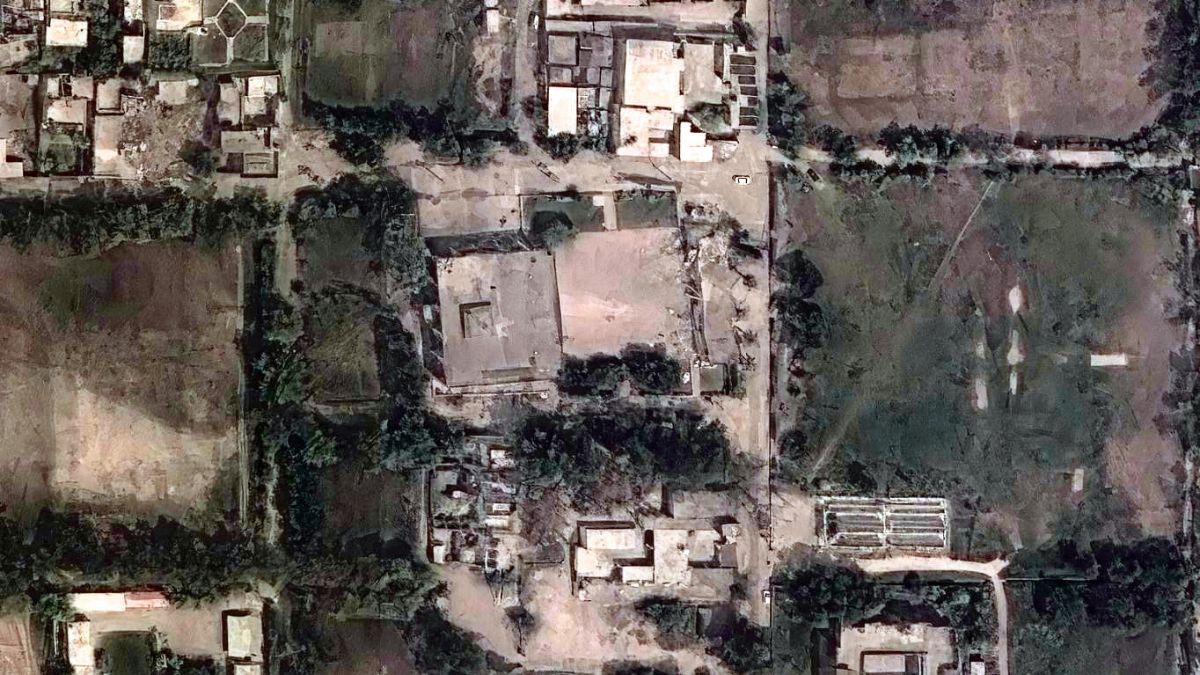)
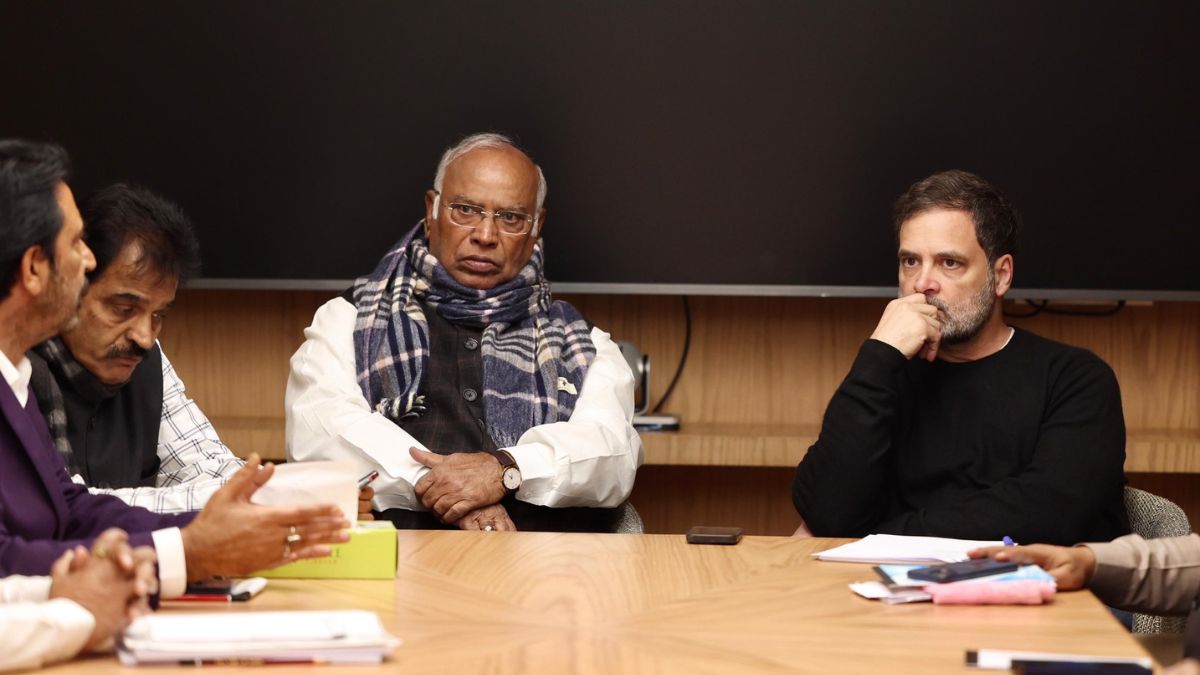)
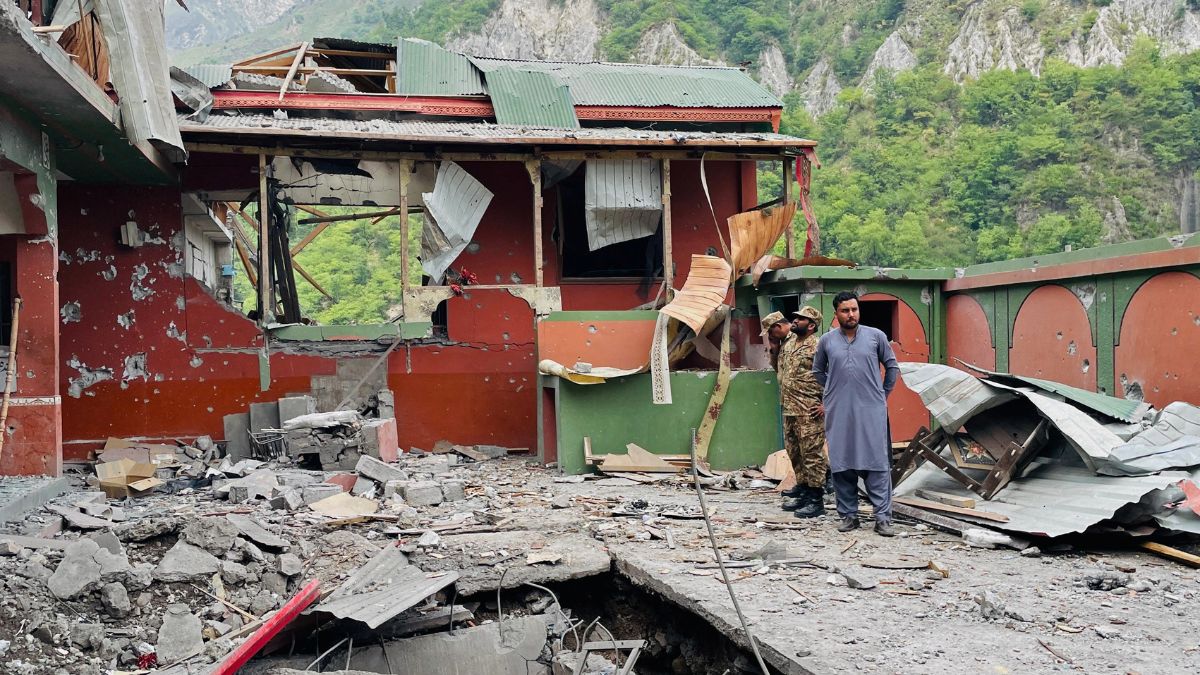)
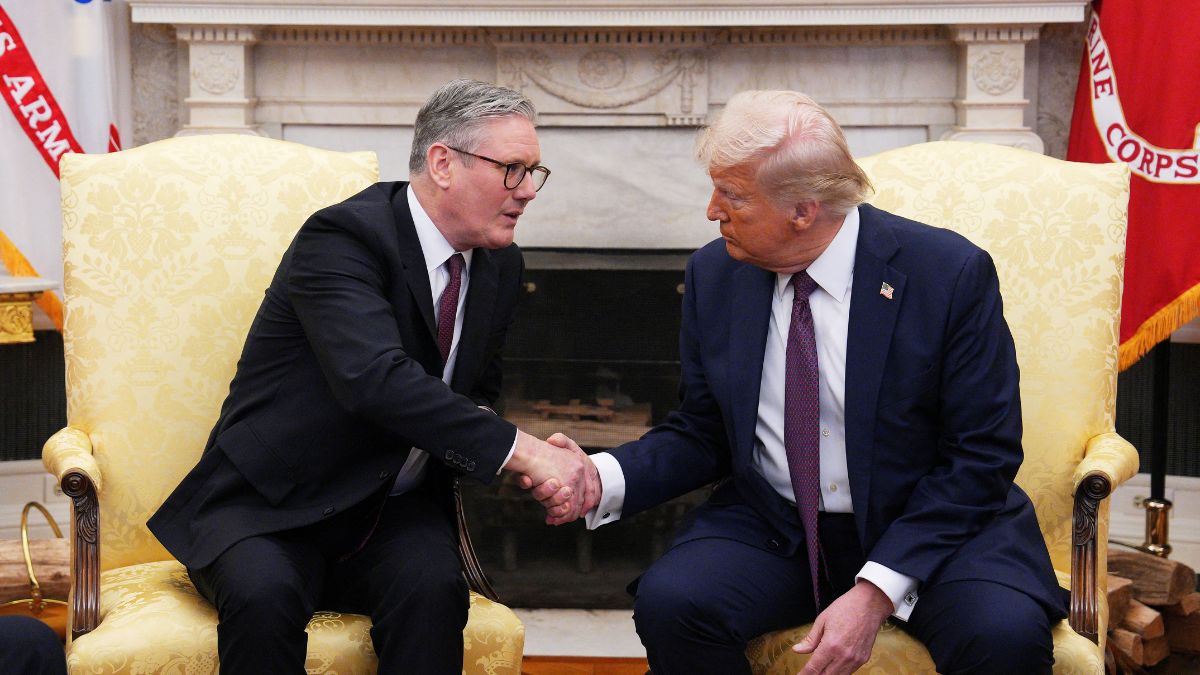)
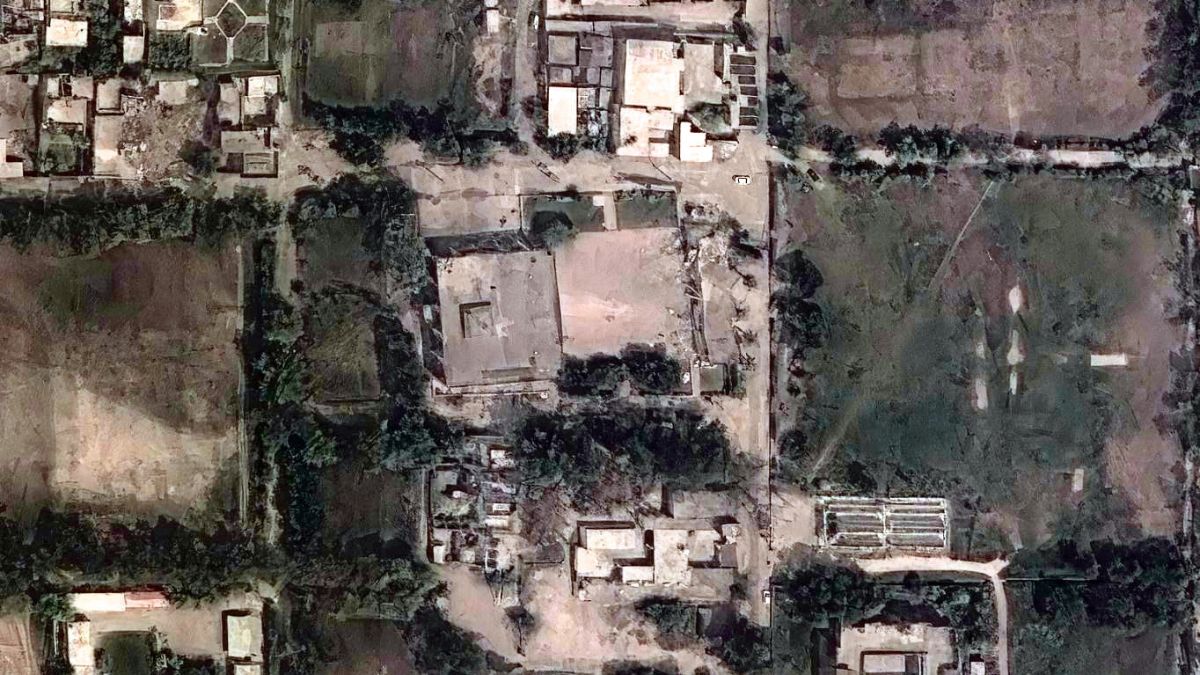)
)
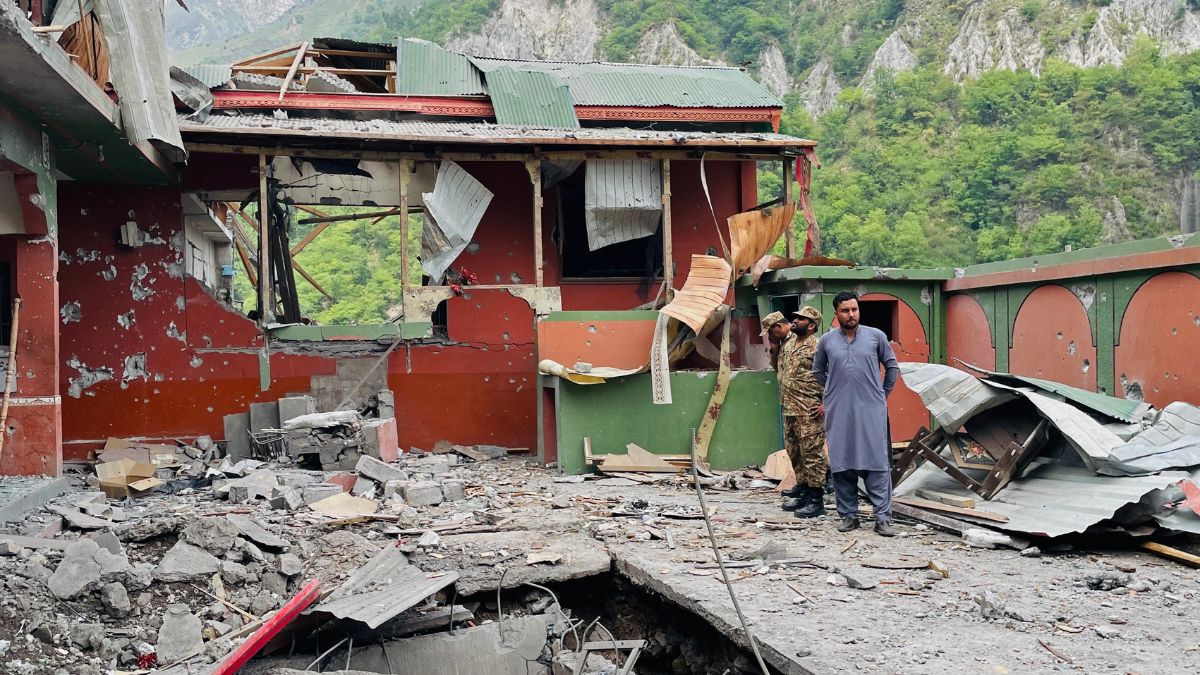)
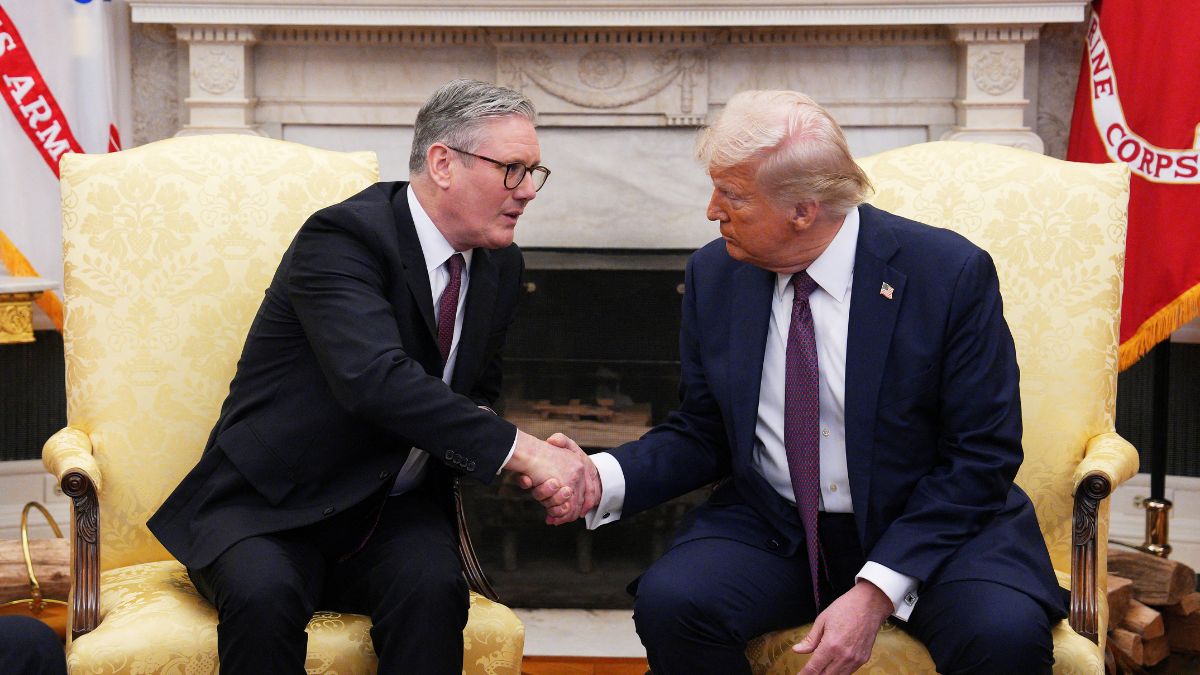)